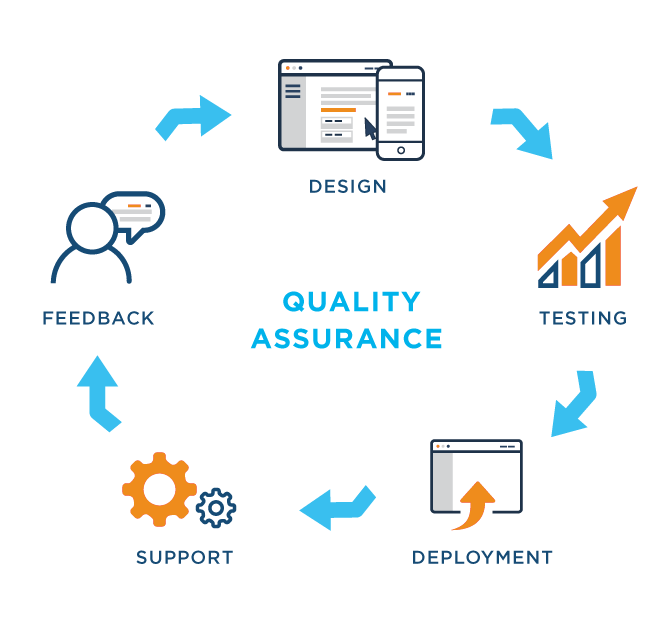Every trucking operator should be familiar with accounting. It is one of the most important aspects that can contribute to an organization’s success. This article will help truckers understand how they can get better at bookkeeping. We have also compiled a list of 10 valuable tips to help them master accounting.
Accounting Tips for Truckers
The 10 tips below cover topics such as determining the best business entity type for the company, applying for a business credit card, and lowering the daily sales outstanding.
- Choosing the right business entity type
Establishing a business as a sole proprietorship is easy and gets the owner out of handling payroll, but it also means that they will have to pay self-employment tax on all their net earnings. An S Corporation (S-Corp) allows a portion of the net income to pass to the owner/employee free of payroll and self-employment tax. This is why trucking companies frequently use it. However, S Corporations still need to process the payrolls for truckers.
- Optimize spending for saving and points
Spend some time looking for the best credit card for your business needs. Ideally, it should have a low-interest rate, no annual fee, and a reward system. Trucking companies need to make it a habit to pay off their monthly statement in full. A credit card for business expenses can simplify record-keeping (gas, food, maintenance, etc.).
- Using a business credit card
Using a business credit card can streamline the accounting process. Most bookkeeping software can automatically import transactions from bank and credit card accounts. It will save time and prevent mistakes because the information will be entered automatically whenever a payment is made.
- Using the best accounting software
Bookkeeping for trucking companies is unique compared with other industries. If a company needs to file an International Fuel Tax Agreement (IFTA) report, it should be able to track loads, schedule pickups, and send out dispatches. No matter how big or small the company is, it’s always a good idea to keep meticulous records of all business travel, including mileage and trip costs. Trucking accounting software is usually a suite of tools, including trucking management tools like fleet maintenance tracking. Trucking companies can also use trucking accounting services instead of handling everything themselves.
- Managing IFTA records
One of the most crucial aspects of managing a trucking company is maintaining accurate IFTA records. A record of driving purchases (in the form of an IFTA report) is due at the end of each quarter. The tax liability or refund will be calculated based on the information provided in these reports. The IFTA office in the home state of the trucking company sends a notice of the refund or debt.
- Optimizing the cost per mile
For any trucking company, the average cost per mile is the most crucial KPI because it tells how much money was made from each mile driven. Further, it can help companies zero in on areas with high costs that they may be able to cut down on or eliminate. One of the main factors why a trucking companies cost per mile is high is down to its fuel expenses. In such instance, getting a fuel card for small business which is catered to a trucking business will allow your trucking firm to save on fuel costs. Furthermore, Cost-per-mile calculations can be brown down using factors such as drivers, vehicles, states, and customers to identify patterns better and make adjustments.”
- Reducing the daily sales outstanding (DSO)
Profitability depends on a steady inflow of cash. If a business doesn’t have cash on hand, running it won’t be easy regardless of how much money they expect to receive in the future. Since a smaller DSO translates to more cash in the bank, it is an essential metric to track.
- Saving accounting logbooks
Food costs can make up a large portion of expenses, so keeping track of the mileage and other travel expenses is essential. Truckers ideally save their accounting logbooks as it increases transparency and accountability.
- Plan necessary expenses in advance
Truckers should maintain the books daily or weekly, if possible. It will make bookkeeping a breeze. Some expenses and payments might be forgotten if the books are done monthly.
- Selecting the right payroll software
Payroll processing for trucking companies is not the same as for other businesses. Working with the right payroll provider can be the key to saving time and unnecessary paperwork, as drivers can be paid by truckload or miles driven rather than receiving a monthly or weekly paycheck. Alternatively, trucking companies can also partner with virtual accounting services so that they can focus on their core objectives.
Conclusion
A firm grasp of trucking accounting quality standards will ensure compliance with industry-specific regulations regardless of the size of your fleet or the length of time you’ve been in business. Truckers should focus on maintaining accounts properly to claim expenses and to increase accountability and transparency.















